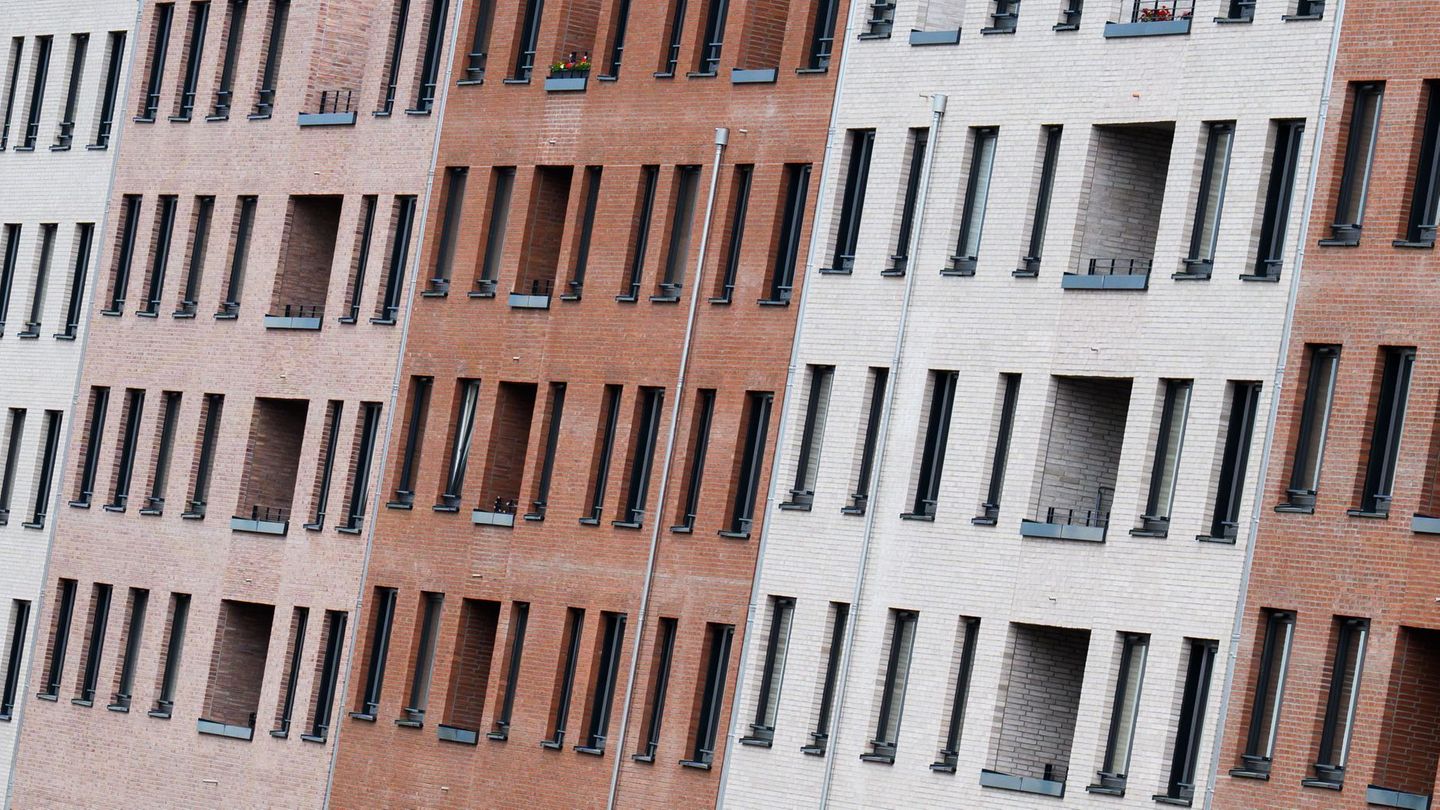Menu
Real estate market: Home ownership becomes more expensive – prices are increasing again
Categories
Most Read
René Benko: Judges in Innsbruck sentence him to two years in prison
October 15, 2025
No Comments
They anticipate a new increase in meat due to the lack of finances and the export rebound
October 15, 2025
No Comments
Benko trial: Witness puts his insolvency assets at 900,000 euros
October 15, 2025
No Comments
The privatization of the Alicurá, El Chocón, Cerros Colorados and Piedra del Águila hydroelectric plants advances
October 15, 2025
No Comments
History of Lufthansa: Last stop at the museum: “Aunt Ju” arrived at Lufthansa
October 15, 2025
No Comments
Latest Posts

Friendship with Trump could be embarrassing for FIFA boss Infantino
October 15, 2025
No Comments
analysis Infantino’s friendship with Trump could be embarrassing for the FIFA boss Gianni Infantino and Donald Trump get along great. However, Trump’s latest statement about

Wash your hands properly: You should know these facts and myths
October 15, 2025
No Comments
World Handwashing Day Facts and myths: This is what you should know about washing your hands Listen to article Copy the current link Add to

Major automaker will lose $1.6 billion due to Donald Trump’s policy against electric vehicles
October 15, 2025
No Comments
October 15, 2025 – 12:39 In recent years, the American manufacturer had allocated heavy investments and assumed contractual commitments for the development of its electrical
24 Hours Worlds is a comprehensive source of instant world current affairs, offering up-to-the-minute coverage of breaking news and events from around the globe. With a team of experienced journalists and experts on hand 24/7.

